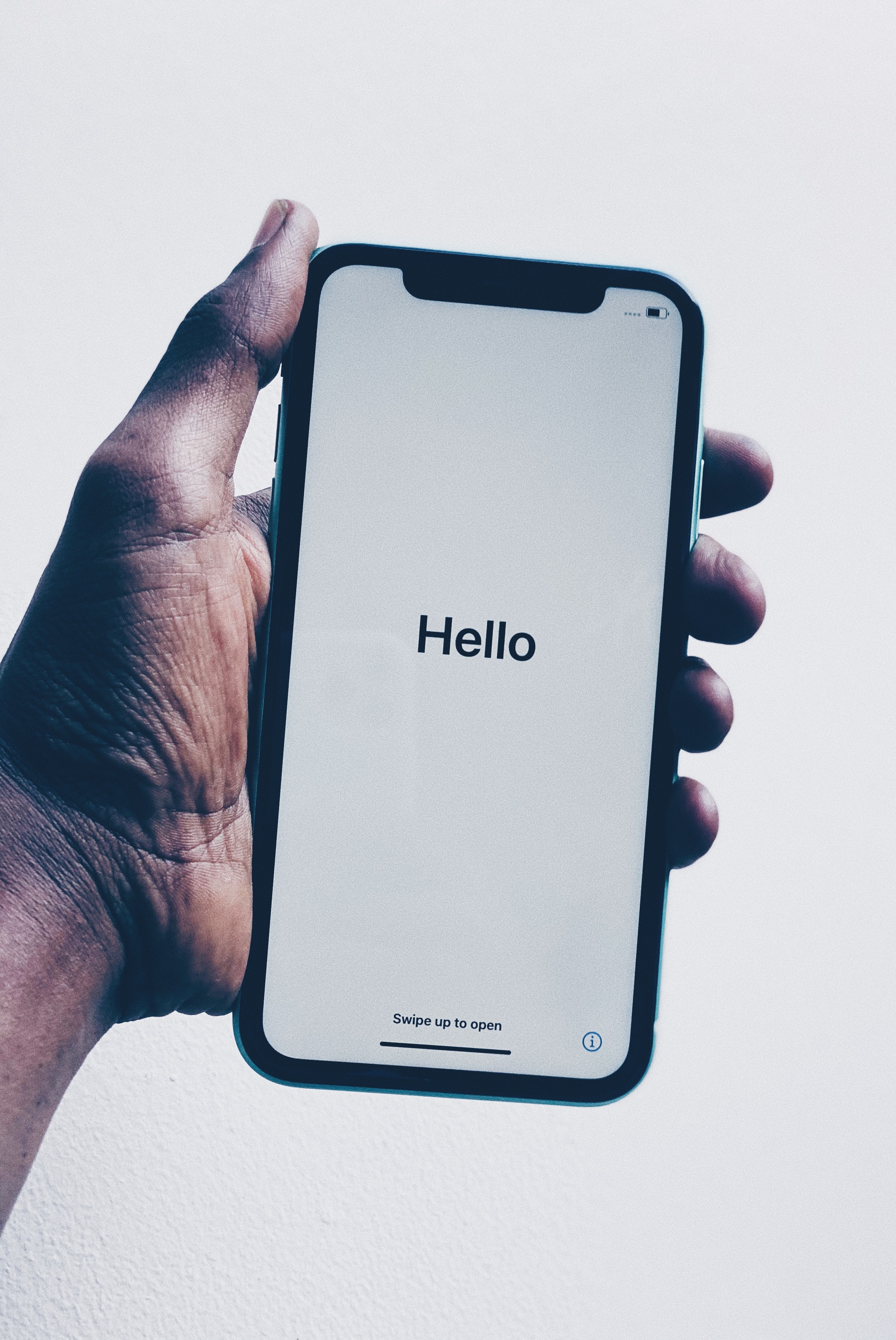
Smartphones, have become an integral part of our lives. With their ability to store personal data, financial details, and precious memories, they've become much more than just communication devices. But what if they fell into the wrong hands? Recent reports indicate an alarming trend: iPhone thieves using the device's recovery key and passcode to hijack Apple accounts and subsequently exploit financial assets.
A Night Out Turned Nightmare

Our digital lives, as it turns out, can be endangered within minutes. This is what happened to many victims whose iPhones were stolen in bars and restaurants. Suddenly, within minutes, they were locked out of their Apple IDs. Within 24 hours, thousands of dollars vanished from their bank accounts. Credit cards were opened in their names, and they lost access to photos, contacts, and iCloud data. Your Passcode: The Key to Your Digital Life A passcode, though seemingly harmless, can provide access to your entire digital life. With just this code, thieves can change the trusted phone number and add a recovery key, ensuring that the original owner is locked out potentially forever.

The Thieves' Playbook: How They Get Your Passcode iPhone thieves employ several cunning techniques to access your passcode, some of which include:
Over-the-shoulder Snooping: Also known as shoulder surfing, this technique involves the thief literally looking over your shoulder to watch you input your passcode. This can happen in crowded public places, like bars or public transportation, where close proximity to others is common.
Phishing Scams: Phishing is a method used by cybercriminals to trick you into revealing your passcode. They can send you an email or text message that looks like it's from Apple, asking you to confirm your passcode for security reasons. If you fall for this scam and input your passcode, they'll have what they need to access your device and Apple account.
Spyware: This is a more technical method, but some thieves use malicious software, or spyware, that can log the keystrokes on your phone, thereby recording your passcode when you enter it. Such software usually infiltrates a device through suspicious apps or downloads.
Guesswork: If your passcode is easily guessable (like 123456 or 000000), thieves might just take a wild guess and get lucky. That's why it's important to avoid using simple, predictable passcodes.
The Recovery Key Takeover Once thieves have physical access to an iPhone, they enable the recovery key feature, changing the password and locking out the original owner permanently. In one scenario, a group in Minneapolis managed to siphon nearly $300,000 from at least 40 victims.
When the recovery key is enabled without your knowledge, you lose access to all associated Apple services linked to your Apple ID. This includes iCloud, iMessage, Apple Music, and purchases made on the App Store. More importantly, sensitive personal information like photos, contacts, emails, and documents stored in iCloud is at risk. Financial Ruin within Hours The theft doesn't stop at your phone. Having access to saved passwords in the phone's password manager, thieves are able to break into bank apps. The passcode or face ID scan is all that's needed to gain access. Funds are transferred using financial apps. Some victims have even found that Apple credit cards have been opened in their names.
Protection: It's in Your Hands While this might sound alarming, there are steps you can take to secure your digital life:
Strengthen Your Passcode: Ensure your passcode is at least six digits or better yet, an alphanumeric code.
Reconsider Your Password Manager: Remove all passwords and login information from your iCloud keychain. It's safer to use a third-party password manager that requires a separate password for access.
Byteseal is a hardware-based biometric password manager that helps you login to your accounts with your fingerprint. No more forgetting passwords, no more password resets.
The Road Ahead Despite these precautions, it's important to remember that tech companies need to step up and devise solutions to lessen the power of the passcode. Until then, stay vigilant, stay safe, and take control of your digital security.
